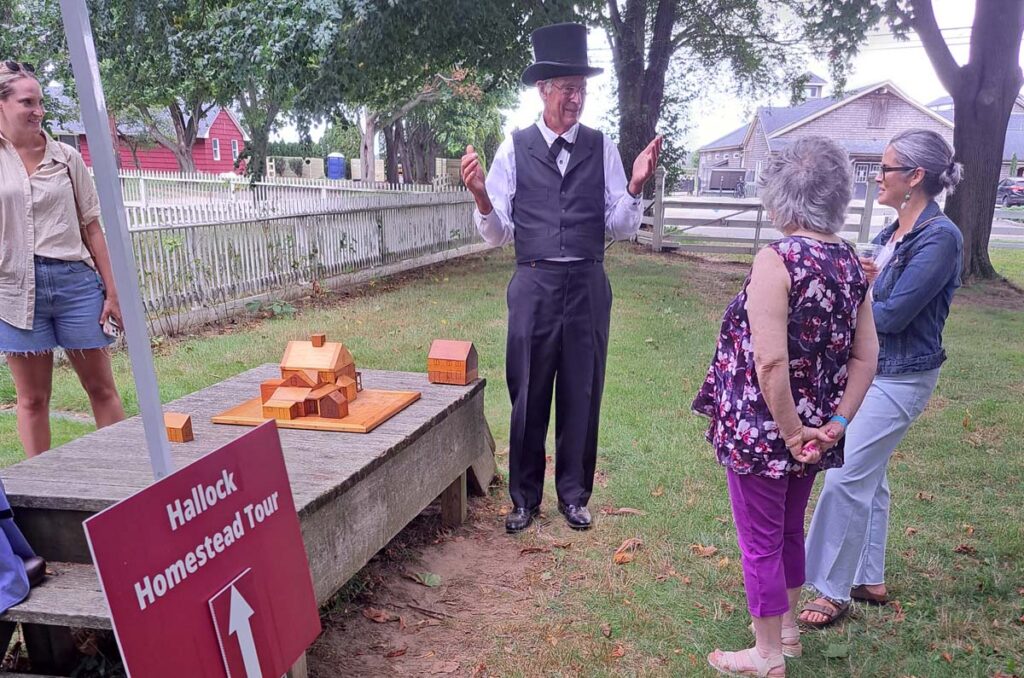Cleanup stations installed at four Riverhead beaches

A group of environmentally minded designers is hoping to make cleaning up beach litter a little easier.
Several East End beaches now have cleanup stations stocked with baskets like those you’d expect to see at the supermarket.
The idea is simple: As you head out onto the beach, grab a basket so you can easily pick up any trash you spot on your walk. On your way back, empty the trash into the garbage and return the basket to the rack.
“The idea comes from that feeling of ‘I forgot to bring a garbage bag and I’m seeing trash on my walk,’ ” said Aiden Kravitz, 25, who started Relic clothing design in Remsenburg with his brother Alex several years ago. “I’ve had that happen to me so many times.”
Responding to the threat of plastic pollution and beach litter is at the heart of their company. Working with the Moriches Bay Project, each Relic T-shirt sold helps to plant up to 50 oysters in local bays and estuaries.
“I had always been drawing marine-style stuff,” Mr. Kravitz recalled in a recent interview. “That’s been the root of what we are doing. We feel attached to the ocean restoration mission,” he said.
The basket program was made possible through a partnership involving Relic, Solutions Management Inc. of East Moriches and several local municipalities.
In Riverhead, cleanup stations were installed at the entrances of Iron Pier, Wading River, Reeves and South Jamesport beaches this fall.
Several stations have also been placed along Dune Road beaches in Southampton and Westhampton and Mr. Kravitz said they plan to work with other municipalities, and with Suffolk County, on installing more this spring.
“The threat of plastic pollution and waste is only going up,” he said. “We’re all about protecting the ocean and want to inspire people to represent that effort.”
Plastic pollution in the world’s oceans is a leading cause of death for sea turtles, whales, dolphins, seals, fish, seabirds and other marine animals. In November, Oceana released a new report that identified plastic bags, balloons, fishing line, plastic sheeting and food wrappers as the most common types of plastic ingested by marine wildlife.
According to the report, scientists now estimate that 15 million metric tons of plastic enters the world’s oceans each year — the equivalent of two garbage trucks’ worth of plastic every minute.
Mr. Kravitz said that while it’s difficult to track how often the baskets already in place are being used to collect trash, he’s seen positive feedback on social media. The company even offers a 10% discount for posting a photo of trash picked up from the beach and tagging @relic-design on Instagram.
“So far, it’s been a really positive thing,” he said. “It’s a great relationship between a local business, a municipality and community members all coming together to protect our greatest asset: the beach.”








